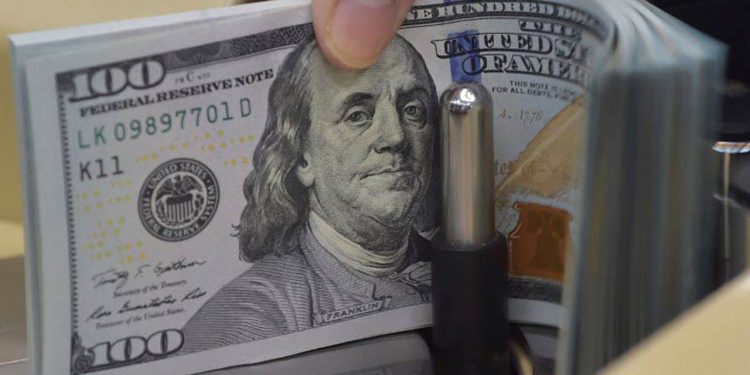In the first half of 2024, five Nigerian banks collectively reported foreign exchange gains amounting to N67.89 billion. This represents a significant decline of 67.89% compared to the N211.42 billion recorded in the same period of the previous year, as revealed in an analysis of interim financial reports submitted to the Nigerian Exchange Limited.
The banks included in this review are FCMB Group, Ecobank Transnational Incorporated (ETI), Wema Bank, Sterling Financial Holding Company, and Jaiz Bank.
Breakdown of Forex Gains
**FCMB Group** led the pack with N35.19 billion in unrealised forex gains, a drop from N50.99 billion in the first half of 2023. In its financial statement, FCMB attributed these gains to the revaluation of foreign currency-denominated assets and liabilities held in non-trading books. This was influenced by the Central Bank of Nigeria’s more liberal forex management policy, which saw the naira depreciate significantly against the US dollar from N756.24/$ in June 2023 to N1,488.21/$ in June 2024.
**Ecobank Transnational Incorporated (ETI)** reported N21.07 billion in forex translation gains, down from N156.28 billion in the previous year.
**Wema Bank** saw its forex revaluation income rise to N6.20 billion, a substantial increase from N623.02 million in the same period last year. This gain is nearly half of the N13.60 billion the bank earned throughout 2023.
**Sterling Financial Holding Company** reported a forex revaluation gain of N5.34 billion, up from N3.63 billion in the previous year.
Jaiz Bank recorded N73.89 million in unrealised forex gains, a significant improvement from a loss of N110.31 million in 2023.
Impact of Proposed Windfall Tax
The financial reports also acknowledged the Nigerian government’s proposed 70% windfall tax on realised forex gains. Initially proposed as a 50% tax by President Bola Tinubu in July, the Senate increased it to 70%. This tax is intended to apply retroactively from the 2023 financial year and could extend to the 2025 fiscal year. The proceeds are aimed at funding critical infrastructure, education, and healthcare projects under the government’s Renewed Hope Agenda.
Reactions from Industry Leaders
While the proposed tax has raised concerns among analysts about its potential negative impact on the banking sector, industry leaders have shown support.
FBN Holdings Chairman Femi Otedola endorsed the government’s move, stating that it aligns with efforts to reform the banking sector and enhance economic stability. Otedola criticized the extravagance of bank executives, particularly the maintenance and operation of private jets, which he said erodes public trust in financial institutions.
Tony Elumelu, Chairman of United Bank for Africa (UBA), also expressed support for the windfall tax after a recent meeting with President Tinubu. Elumelu emphasized the need for the tax revenue to alleviate poverty and create jobs, aligning with the broader goal of mutual prosperity.
Bottom Line
The forex gains reported by these banks in the first half of 2024 highlight the dynamic nature of Nigeria’s financial landscape, influenced by both market conditions and regulatory changes. The proposed windfall tax, despite its potential challenges, is seen by some industry leaders as a necessary step towards economic reform and stability.










